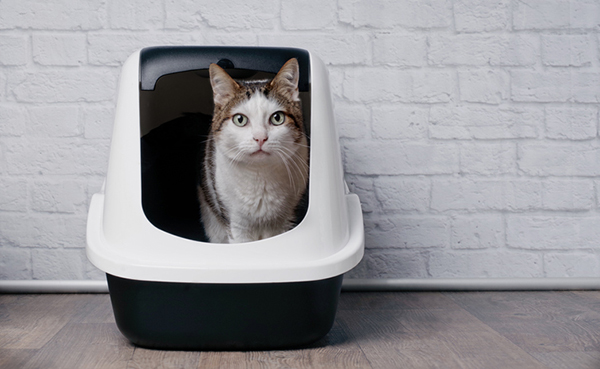13 Cat Constipation Symptoms in Ft. Lauderdale, FL
A cat who hasn’t had a bowel movement in 24-hours is likely to be suffering from cat constipation. Middle-aged or older cats are likely to suffer from this issue. If you notice that your cat seems to be having some bathroom related issues, its important for you to know the signs, symptoms, and treatments for your kitty’s colon.

When a cat is struggling with constipation their lower intestine, or colon, is experiencing a blockage in some way. The colon functions as a holding space for undigested food, bacteria, mucus and dead cells prior to defecation. So, when a cat is unable to move any of that matter through their body and out the other side there could be some varying levels of severity that accompany the obstruction.
In this article, we’ll go over the common symptoms, causes and treatments of cat constipation for cat owners in Ft. Lauderdale, FL and the surrounding areas.
Common Symptoms of Cat Constipation
Below, we’ll go over some of the most common symptoms of constipation for cats in Ft. Lauderdale, FL and the surrounding areas.
Weight Loss
Your cat may stop eating in an effort to not place anymore strain on their stomach, resulting in weight loss.
Vomiting
Without the ability to move food through their body in the normal way your cat may begin vomiting in an attempt to help purge some of the food in their system.
Hard, Dry Stools
Your cat’s body may become dehydrated as they struggle with constipation. Their body will be trying to retain all moisture possible, resulting in dry and hard stool that will be painful for your cat to pass.
Stool Covered in Mucus or Blood
A cat could produce a stool covered in either mucus or blood as a result of the internal stain they are going through as they struggle to go to the bathroom.
Straining — Can Be Confused for Difficulty with Urination
This is an important one to watch and identify early on. If its problem with urination instead of constipation, your pet still needs to see a vet but at least you will be taking them in for the correct problem.
Pained, or Crying Out in Pain, When Going to the Bathroom
Constipation can cause high amounts of abdominal pain and strain in your animal’s body.
Frequent, but Unproductive Trips to the Litter Box
Your cat may keep trying to go, because they feel the need, but they are unable to successfully pass a bowel movement.
Lethargy
Over time, the pain and discomfort of the constipation, or just the energy it requires to deal with being constipated, may cause your animal to tire and become lethargic.
Hunched Posture
The pain in your pet’s abdomen could cause them to adopt a hunched posture as they attempt to alleviate the pressure on their stomach.
Tense Abdomen
Since their intestinal track is likely to be in a large amount of pain, their muscles will be tense and sore.
Clear Abdominal Pain
Going hand in hand with the above issue, constipation will result in stomach pain, if you notice that your pet is acting hurt, or has a tense or tender abdomen it could be a symptom of constipation.
Lack of Appetite
Your cat may lose the desire to eat, or eat their normal amount of food, as they struggle with constipation. They will be experiencing discomfort in their stomach and likely won’t have the energy to eat more food that their backed-up stomach will then have to process.
Lack of Grooming
Your cat may just be too lethargic to groom while they aren’t feeling well. It also could relate to the fact that cats ingest a large amount of the fur they clean from themselves. Perhaps, when they are feeling blocked, they abstain from grooming in an effort to not make the problem worse.
Other Problems Related to Feline Constipation
The list above are all symptoms of persistent, and ongoing constipation, and are reason enough to take your animal to the vet. However, some animals could experience occasional constipation, which is a common problem that shouldn’t be cause for too much alarm.
Occasional constipation can be treated with medication, enemas, and adjustments to your cat’s diet. However, if your cat is having the occasional constipation problem that goes untreated, there is a high chance of the issue progressing to a more sever and problematic colon-block. Severe, untreated constipation could result is hospitalization or even surgery.
Some cats may have a condition referred to as megacolon, where the cat’s colon becomes so dilated that it can no longer function properly. Megacolon is one of the leading causes of constipation and can prove fatal without treatment. To help solve this issue, surgeons would likely have to remove part of your cat’s colon.
If your cat’s constipation goes untreated for too long — to the point where your cat is unable to evacuate their bowels by any measure — the intestines have become stretched to a point where a bacterial infection will begin to occur. In an over-stretched intestine, the barrier between the internal bacteria and the animal’s blood stream becomes thing, resulting in cat that is now severely ill.
Causes of Constipation in Your Cat
There are several causes that could result in your cat having constipation issues. Such as:
- Not receiving enough fiber in their diet
- Too much hair consumption/excessive grooming
- Eating a foreign body of substance like string, bones, cloth, etc.
- Intestinal blockage
- Sedentary lifestyle
- Obesity
- Dehydration
- Hernia
- Enlarged prostate glands
- Tumors in/near the pelvic region
- Intestinal tumor
- Blocked or abscessed anal sacs
- Abnormal colon shape
- Litter tray avoidance (meaning the box needs to be cleaned or changed out)
- Tangled hair on their backside
- Nerve disorder
- Side effect of medication
Possible Treatments for Cat Constipation in Ft. Lauderdale, FL
Depending on the types of constipation symptoms and issues your cat is having, there are several treatments a vet may recommend; and there are several different levels of treatment that your cat may need depending on the severity of the problem.
One of the simpler solutions is to place your cat on a high fiber diet, increase water, and increase exercise. The middle ground may involve laxatives, or stool softener.
If the problem is more severe your cat may need an enema, a manual evacuation of the bowels, or even surgery to remove the obstruction in the bowels.
At Central Broward Animal Hospital, we’re committed to helping pet owners with all their veterinary needs. If you think your cat is suffering from any of these constipation symptoms in Ft. Lauderdale or the surrounding areas, don’t hesitate to call us or schedule an appointment online.
